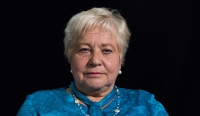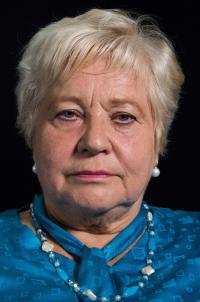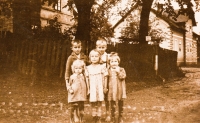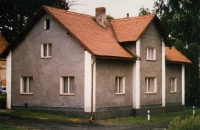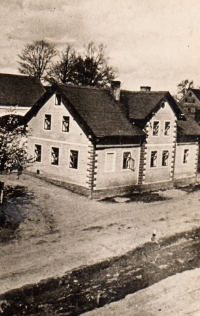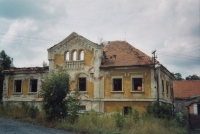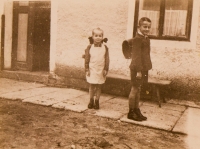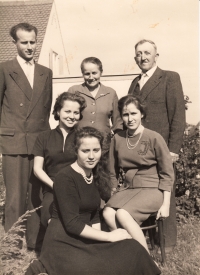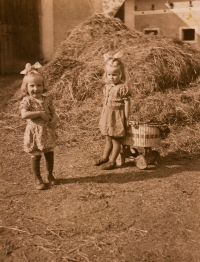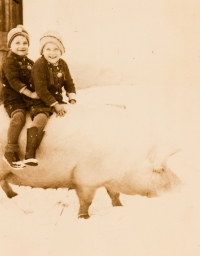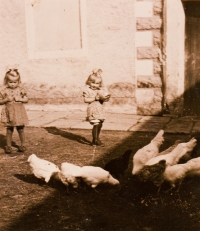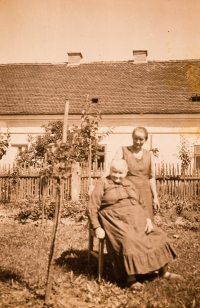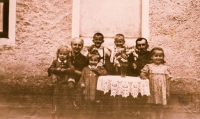My life was easier in Germany
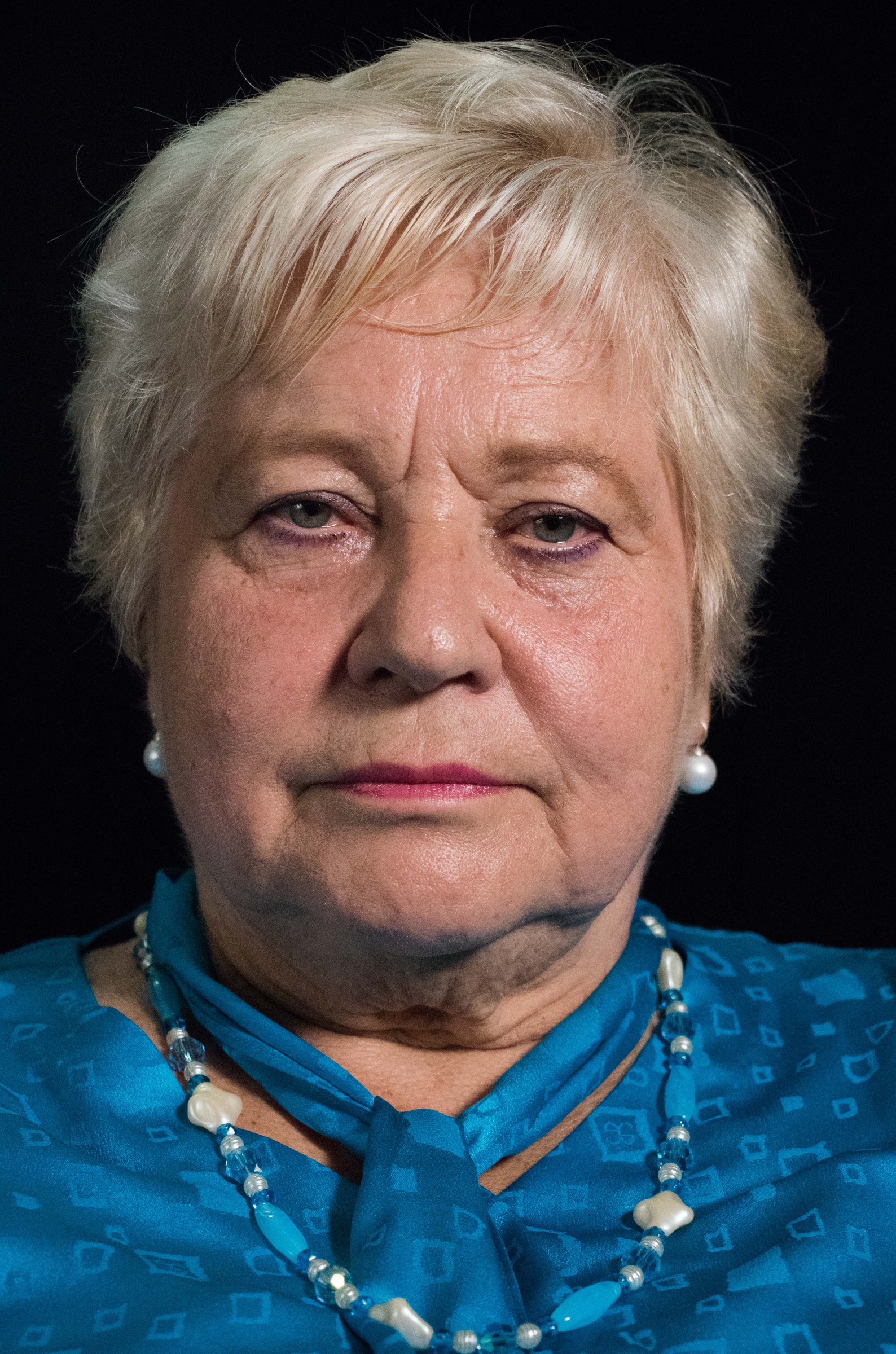
Download image
Maria Frank was born on 17 April 1938 in the village of Dürnbach (today’s Potočiště) near the town of Cheb. Her family ran a middle sized farm and there were five children living there. They had to leave their home in the summer of 1945 and to move to their relative’s house in a neighboring village. Finally, the displacement to Germany happened in 1946. The family ended up in an American zone of occupation. After spending some time in a refugee camp they settled down in the town of Markt Schwaben, Bavaria. Frank graduated from a trade school and had been working in finance her whole life. In her opinion, her coming to Germany made her life easier than the one she would have been living in Potočiště. Conservation of cultural heritage of her former homeland is an issue she finds important.
